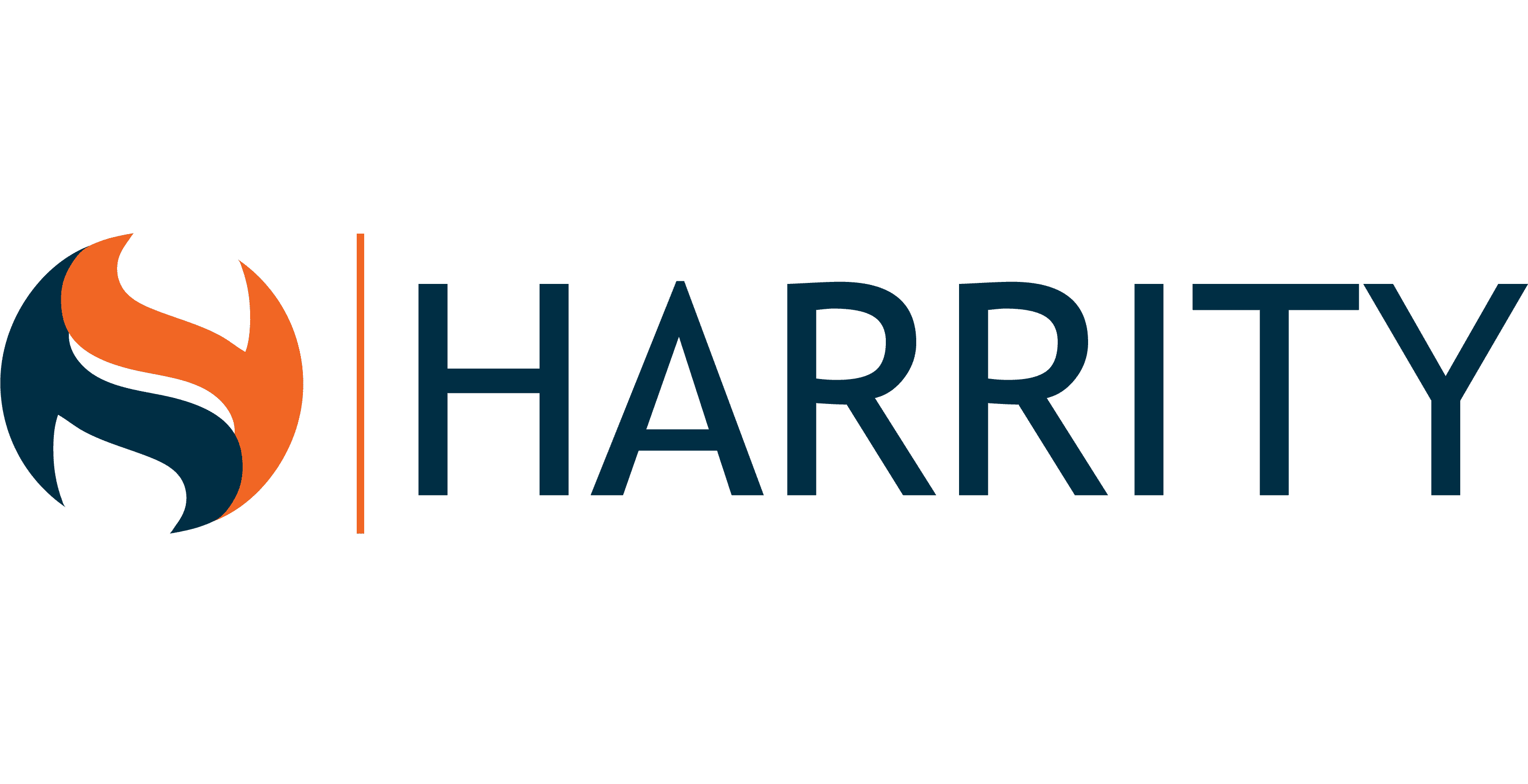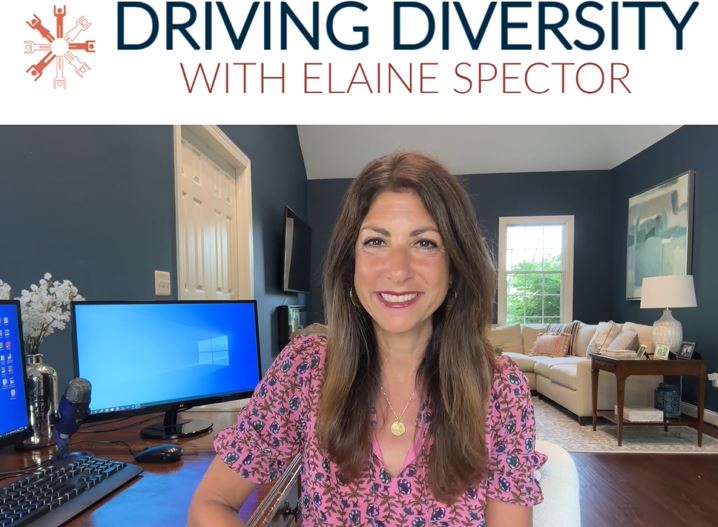Challenging the “Diversity Hire” Label: The Need for Equal Standards in the Workplace
In recent discussions about diversity and inclusion, one phrase continues to surface, often with detrimental effects: “diversity hire.” This term, far from being a compliment, often serves to undermine the hard work and achievements of women and individuals from diverse backgrounds. It’s a label that carries with it an assumption of inadequacy, which can be incredibly damaging in professional environments, particularly within the legal field. This blog delves into the double standards that persist in our industry and the importance of creating a workplace where every individual is judged by their abilities and contributions, not by outdated and biased perceptions.
Challenging the “Diversity Hire” Label
The term “diversity hire” is more than just a label—it’s a judgment that can have profound implications for those it’s applied to. When someone is referred to as a “diversity hire,” it diminishes their qualifications and suggests that their presence in the workplace is due more to a desire to meet diversity quotas than to their own merit and capabilities.
This label becomes even more insidious when we consider how mistakes are treated differently depending on who makes them. For example, when a man, particularly a white man, makes an error, it is often seen as a simple human mistake—an opportunity to learn and grow. However, when a woman or someone from a diverse background makes a similar mistake, it can quickly be attributed to their status as a “diversity hire.” This double standard not only undermines the confidence of these professionals but also perpetuates harmful stereotypes that they are less capable or deserving.
The Reality of Double Standards in the Workplace
At Harrity, we’re acutely aware of these double standards, especially through our Minority Firm Incubator program, which supports minority-owned law firms. Participants in this program have shared that the pressure they feel is immense—one mistake, and they fear they’re out. This “one and done” mentality seems to be applied disproportionately to minority professionals, raising a crucial question: is this the same standard applied to white men in our field?
The answer, as many have observed, appears to be no. This discrepancy reveals a deeper, systemic issue where the achievements of diverse professionals are often undervalued, and their missteps are disproportionately magnified. It’s a stark reminder that while we have made significant strides in promoting diversity, there is still much work to be done to ensure that all individuals are treated equitably and that their contributions are recognized fairly.
Toward a Workplace Free of Bias
It’s important to clarify that this issue isn’t about placing blame on any particular group. Rather, it’s about addressing the biases that still exist in many workplaces. These biases, whether conscious or unconscious, can distort perceptions and create an uneven playing field. The goal is to foster a professional environment where everyone is judged solely on their abilities, contributions, and potential—not on outdated and biased perceptions.
Achieving this will require ongoing effort and commitment from all of us. We must continue to challenge the stereotypes that undermine the achievements of women and individuals from diverse backgrounds and advocate for standards that are applied consistently and fairly across the board.
Words carry power, and the term “diversity hire” is one that we must challenge and reconsider. In our pursuit of a more inclusive and equitable workplace, it’s essential to recognize and dismantle the biases that contribute to unequal treatment. By holding all professionals to the same standard and valuing their contributions equally, we can build a legal profession that truly reflects the diversity of talent within our society. Let’s strive for a future where everyone, regardless of background, is given the respect and recognition they deserve—where no one is reduced to a label but is instead celebrated for their skills, dedication, and impact.
Want more Driving Diversity? Check out other videos with Elaine Spector here!

